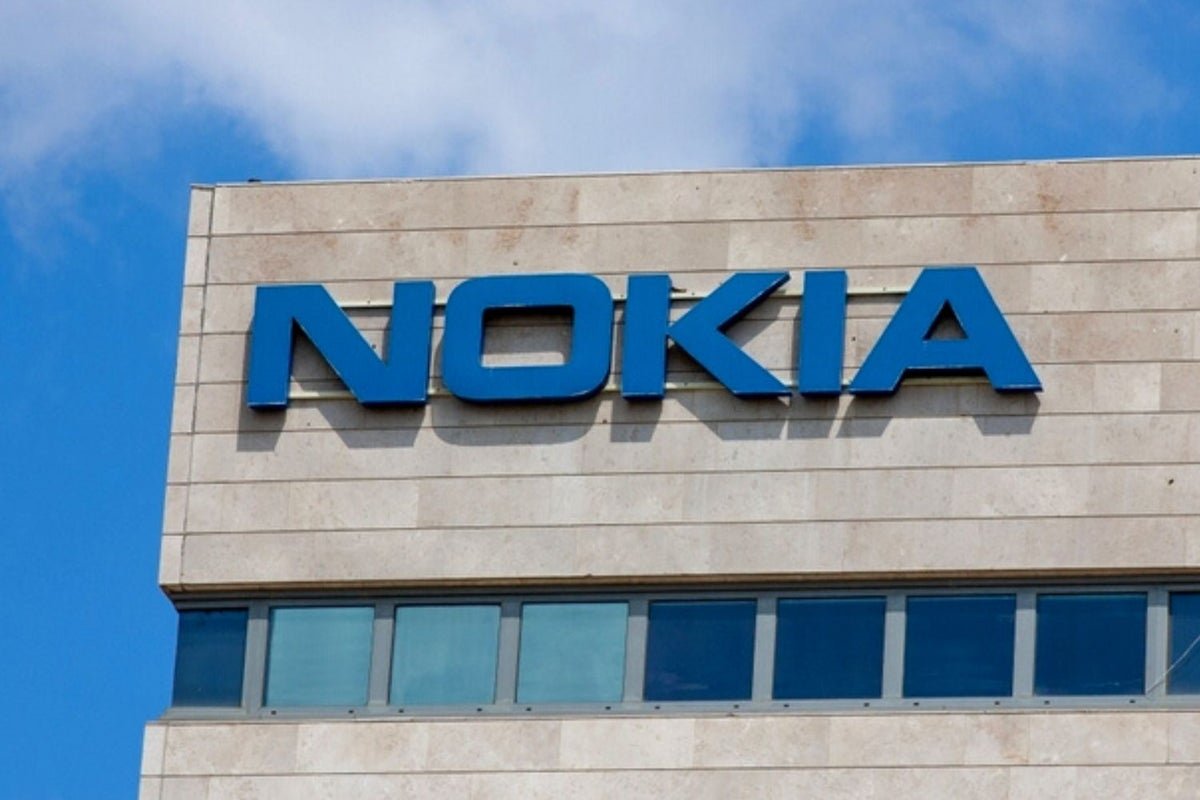Elon Musk Pledges Support for AI Project to Decode Ancient Scrolls
Elon Musk, the renowned entrepreneur and CEO of companies like Tesla and SpaceX, has pledged financial support for a groundbreaking project that uses artificial intelligence (AI) to decode ancient scrolls that have been unreadable for centuries. The project, known as the Vesuvius Challenge, aims to decipher the Herculaneum Papyri, a set of charred papyrus scrolls preserved by the volcanic eruption of Mount Vesuvius almost 2,000 years ago.
The Vesuvius Challenge was initiated in March by Nat Friedman, the former CEO of GitHub, along with Daniel Gross and Brent Seales. The project recently achieved a significant breakthrough, with a team led by Youssef Nader, Luke Farritor, and Julian Schilliger successfully using AI to read entire paragraphs from the charred scrolls.
After the announcement of this development, Musk expressed his intention to support the project through his charitable organization, the Musk Foundation. The exact amount of Musk’s contribution is yet to be determined, but he stated, “Whatever amount is useful. I’m in favor of civilizational enlightenment.”
The next phase of the project, which aims to enable the team to read entire scrolls, is estimated to cost around $2 million. The total cost of deciphering all the scrolls from Herculaneum could reach $10 million. Nat Friedman, one of the initiators of the Vesuvius Challenge, expressed excitement and gratitude for Musk’s support, saying, “All donations are extremely helpful. We’re in touch with Elon’s team and working out the details of their support.”
The Vesuvius Challenge represents a significant development in the field of AI and historical preservation. It attracted a worldwide pool of competitors and collaborators to address the issue of decoding the ancient scrolls using computer vision and machine learning. This advancement highlights the growing role of AI in various fields, from historical preservation to protecting artists’ work from unauthorized usage by AI image generators.
This isn’t the first time AI has been utilized in groundbreaking ways. In the past, AI has been used to interpret human thoughts into written words and has shown diverse applications in different sectors.
Musk’s decision to back this AI project comes amid the ongoing fascination on social media with the fall of the Roman Empire. Last year, Musk shared an image featuring a stack of books, including Edward Gibbon’s “The Decline & Fall of The Roman Empire,” published in 1776. He also posted a meme illustrating an ancient Roman soldier with the text: “Watching the Roman Empire collapse. But with Wi-Fi and memes this time.”
Musk’s support for the Vesuvius Challenge demonstrates his commitment to advancing knowledge and exploration in various fields. His contributions will undoubtedly play a crucial role in unraveling the mysteries of the past and shedding light on ancient civilizations.





